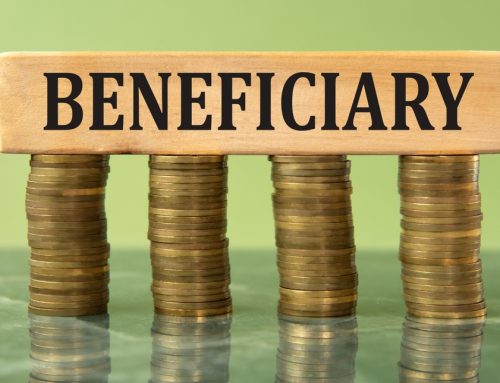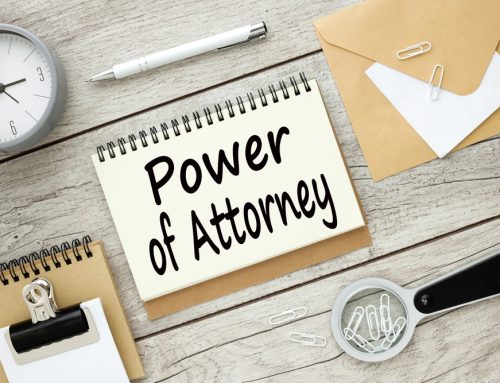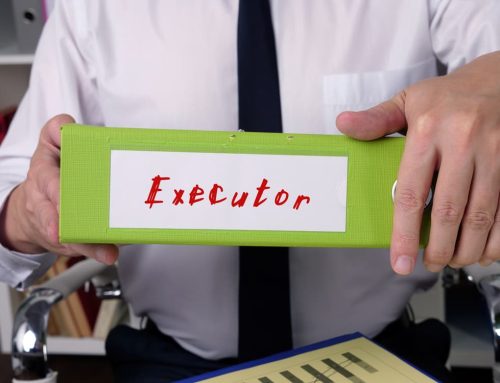In Florida: Are Printed Last Will and Testament and Power of Attorney Forms Notarized Legal Documents?
In Florida: Are Printed Last Will and Testament and Power of Attorney Forms Notarized Legal Documents?

If you reside in Florida and are seeking to create or update important legal documents such as a Last Will and Testament or a Power of Attorney, it’s crucial to understand the legal requirements associated with these documents. In Florida, both the Last Will and Testament and Power of Attorney forms must be notarized to be legally valid. This means that a notary public must witness the signing of these documents and affix their official seal and signature. Notarization adds an extra layer of authenticity and ensures the documents are legally binding.
You should always consult a Miami, FL estate planning lawyer to ensure your Last Will and Testament and Power of Attorney forms meet the necessary legal standards and requirements. An attorney near you who works in estate planning and elder law can provide the proper guidance and assistance in creating these important documents.
Understanding Notarization in Florida
Notarization plays a significant role in safeguarding legal documents’ authenticity and legality. Notaries public are authorized individuals appointed and regulated by the state to administer oaths, witness the signing of documents, and verify the identities of individuals involved in legal transactions. In Florida, notarization is a fundamental aspect of ensuring the validity and enforceability of certain legal documents, including the Last Will and Testament and Power of Attorney forms.
Last Will and Testament Notarization in Florida
A Last Will and Testament is a legal document that outlines how you want your assets to be distributed after your death. It allows you to designate beneficiaries, name an executor to handle the distribution of your assets, and even make arrangements for the care of minor children. In Florida, the specific requirements for executing a Last Will and Testament are outlined in the Florida Statutes, Chapter 732.
To ensure the Last Will and Testament is considered legally valid, it must meet the following criteria:
- The testator (the person creating the will) must be at least 18 years old and of sound mind
- The will must be in writing
- The will must be signed by the testator or someone directed by the testator in their presence
- Two competent witnesses must witness the will signing, and the testator must be present when they sign.
In addition to these requirements, Florida law also mandates that the Last Will and Testament be notarized. This means that a notary public must witness the signing of the will and affix their official seal and signature to the document. Notarization serves as proof that the testator’s identity has been verified, and the will was signed willingly and in accordance with the law.
It’s essential to note that notarization is not a substitute for a properly drafted and executed will. While notarization adds an extra layer of validity, it does not guarantee the document’s accuracy or compliance with all legal requirements. Working with an experienced Florida estate planning attorney can ensure that your will is tailored to your specific needs and adheres to all legal standards.
Power of Attorney Notarization in Florida
A Power of Attorney is a legal document that grants another individual the authority to act on your behalf in financial, legal, or medical matters. It allows you to appoint a trusted individual, known as an attorney-in-fact or agent, to make decisions and take actions on your behalf if you become incapacitated or cannot do so yourself.
Similar to your will, a Power of Attorney in Florida also requires notarization. A notary public must witness the signing of the Power of Attorney and affix their official seal and signature to the document. This notarization process adds credibility and authenticity to the Power of Attorney and ensures its enforceability.
However, it’s crucial to understand that notarization alone does not guarantee a legally sufficient Power of Attorney. The document must also comply with all legal requirements and be drafted to accurately reflect your wishes and intentions. Consulting an estate planning lawyer is essential to ensure that your Power of Attorney meets all necessary legal standards.
The Importance of Consulting a Florida Estate Planning Attorney
Creating legal documents such as a will or power of attorney requires knowledge of the specific legal requirements in your jurisdiction. While it’s possible to find pre-printed forms online or at office supply stores, it’s important to understand that they may not meet all the legal standards in Florida.
Working with an estate planning lawyer ensures your legal documents are tailored to your unique situation and comply with all applicable laws. The right attorney can provide valuable guidance and insights, guiding you through estate planning and making informed decisions about the distribution of your assets and the appointment of an attorney-in-fact.
Additionally, an estate planning attorney can provide a level of experience that pre-printed forms cannot match. They can assess your specific circumstances, identify potential issues or challenges, and provide personalized solutions that meet your needs. By consulting an attorney, you can have peace of mind knowing that your Last Will and Testament and Power of Attorney forms are legally valid and effectively fulfill your intentions.
To recap, in Florida, both a will and power of attorney must be notarized to be legally valid. Notarization proves the document’s authenticity and adds an extra layer of credibility. However, notarization alone does not guarantee that the documents meet all the necessary legal requirements. You must take additional steps to ensure your will is enforceable under Florida laws and minimize the chances of disputes during the probate process among your beneficiaries.
Contact an Estate Planning Attorney in Florida
To ensure that your will and power of attorney forms are legal and enforceable in Florida, it is crucial to consult an estate planning lawyer. A knowledgeable attorney can guide you through the process, ensure compliance with all legal standards, and provide customized solutions to meet your specific needs. Contact a trusted estate planning attorney near you in Florida to obtain the proper guidance and assistance in creating these important documents.
Have questions about how to get started on your estate plan or estate needs?
Have questions about how to get started
on your estate plan or estate needs?
Contact the experienced estate planning professionals at The Estate Plan
by calling us at (305) 677-8489.
Contact the experienced estate planning professionals at The Estate Plan by calling us at
(305) 677-8489.



















